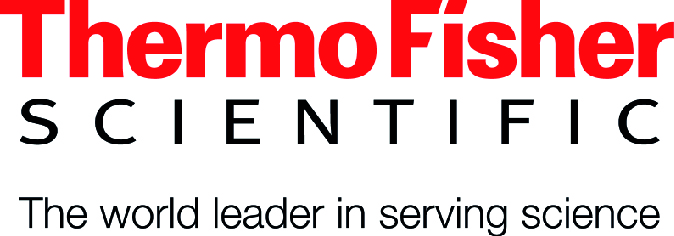ON THIS PAGE
CONFERENCE
Following the success of the previous editions of the “International Conference on Microplastic Pollution in the Mediterranean Sea” – µMED – the Local Scientific Committee and International Advisory Board are pleased to invite the scientific community and stakeholders to the III edition of the µMED Conference, which will be held in Naples (NA), Italy, from 25th to 28th September at the Partenope Congress Centre.
The µMED Conference is a key event on microplastic pollution, strengthening the previous experience. The Conference will gather experts from scientific and industrial communities, policy makers and environmental organizations. It will be the occasion to update the state-of-the-art, to highlight the progresses, and to identify new and effective solutions to mitigate this environmental issue.
In order to obtain a better knowledge of the microplastic pollution problem, the main topics of the III µMED Conference have been extended, covering a wide range of multidisciplinary fields, several environmental compartments, human health, etc.
Due to the Covid situation and unpredictable sanitary restrictions, the III edition will be organised as a hybrid event including participation both in presence and online, giving participants the opportunity to present and interact face to face and from remote. However, at the moment, following the Covid directive for this type of event, it is possible to accept a maximum of 80 participants in presence. Given that there is limited availability, please only register if you are available to attend the Conference.
After the Conference the Training School “Micro and nanoplastic pollution: detection and mitigation, present and future challenges” will start. The School is organized, as a hybrid event, in the framework of the COST Action CA20101 PRIORITY – Plastics monitoring detection remediation recovery. It will be held in presence in Naples (NA), Italy, from 28th to 30th September at the Partenope Congress Centre. It will be also possible to participate on line. At the moment it is possible to accept a maximum of 40 participants in presence.
CONFERENCE TOPICS
1. Microplastic and nanoplastic pollution in different environments: Freshwater, Marine, Air and Soil
2. Sources, fate and effects of micro and nanoplastics
3. Monitoring and detection of micro and nanoplastic pollutants
4. Innovative solutions to mitigate microplastic pollution
5. Recovery and recycling of marine plastics
6. Valorisation of plastics waste into chemicals and/or fuels
7. Green synthetic approaches for the preparation of environmentally friendly polymers
8. Degradation of plastics in marine environment
9. Technologies to improve degradation of micro and nano-plastics
10. Impact of microplastics on biota
11. Biodiversity & Plastic
12. Microplastics: from marine pollution to human food chain
13. Effect of micro and nanoplastics on human health
14. Micro and nanoparticles interaction with biomolecules, cellular uptake and biodisposition
15. Socio-economic and environmental impact assessment and risk analysis
16. Sampling, extraction, purification and identification approaches for micro and nanoplastics
17. Adsorption and transport of pollutants by micro and nanoplastics
photo by Cesare Abate
LOCAL SCIENTIFIC COMMITEE
IPCB-CNR
Maurizio Avella
Mariacristina Cocca
Emilia Di Pace
Roberto Avolio
Rachele Castaldo
Maria Emanuela Errico
Gennaro Gentile
Luigi Ambrosio
DICMAPI-UNINA
Veronica Ambrogi
photo by Cesare Abate
INTERNATIONAL ADVISORY BOARD
Judith S. Weis, Rutgers University – USA
Laura Eleonora Depero, University of Brescia – IT
Richard C Thompson, University of Plymouth – UK
Margherita Ferrante, University of Catania – IT
Maria Westerbos, PSF – NL
Andrea Giuseppe De Lucia, IAS CNR – IT
important dates
1st June 2022
Abstract submission deadline
15th June 2022
Notification of contribution acceptance
1st July, 2022
Draft program available
Extended abstract submission deadline
15th July, 2022
Early-bird registration deadline
25th September, 2022
Opening of the Conference
The participation in presence is limited to a maximum of 80 people, so an early registration is recommended.
photo by Cesare Abate
INVITED SPEAKERS
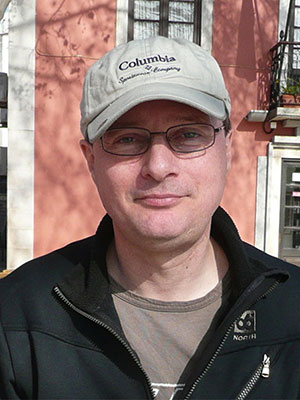
Jes Vollertsen
Jes Vollertsen is Professor of Environmental Engineering at Aalborg University, Denmark. His background is biological and chemical processes and pollutants in urban technical waters. He and his microplastics research group focus on analytical methods for quantification with the goal to contribute to trustworthy, fast, and affordable methods to quantify microplastics in the environment. The work targets all types of matrixes, e.g. water, wastewater, sludge, biosolids, sediments, soil, biota, food, air, etcetera. His goal is to quantify sources and occurrence of environmental microplastics and address the processes behind mitigation technologies. He addresses aspects of the physical, chemical, and biological breakdown of microplastics in the environment.
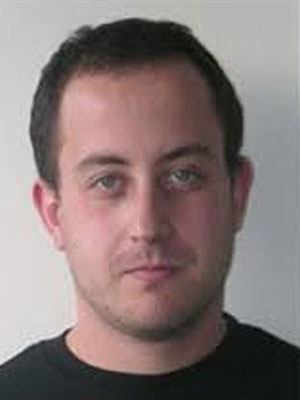
Jean-Marie Raquez
Jean-Marie Raquez, PhD in Polymer Science, is the head of Laboratory Polymeric and Composite Materials at University of Mons (Belgium) as well as a R&D Leader at the research center Materia Nova (Mons, Belgium). His research activities encompass all the general aspects about the realm of “bioplastics”, i.e., bio-based and/or biodegradable polymer materials, particularly ranging from their controlled and catalyzed polymerization reactions, production of high performances nanocomposites/nanohybrids via reactive processing (i.e., reactive extrusion and additive manufacturing), to their implementation into diverse applications (packaging, textile, automotive, etc.), including their end-life scenario. Prof. Jean-Marie RAQUEZ is also in charge of national and international research programs (Région Wallonne, EU-FP7, EU-H2020), including several industrial collaborations. In the realm, he has more than ca. 170 publications in international peer-reviewed journals, 48 personal communications at conferences and is co-inventor of 9 patents. He co-edited 2 books and 11 chapters of book.
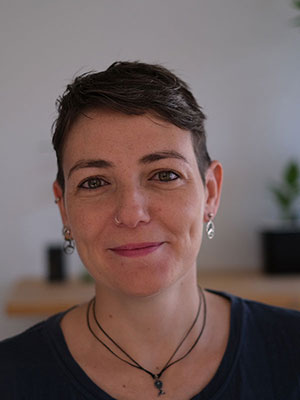
Monica Passananti
Associate Professor at the University of Turin in Italy and University Researcher at the University of Helsinki in Finland. In 2013 she got her PhD degree at the University of Naples Federico II on the photodegradation of pollutants in surface waters. After the PhD she worked as post-doc at the ICCF in Clermont-Ferrand, Université Blaise Pascal (France) and at the CNRS, IRCELYON in Lyon (France).
In this period, her scientific interest moved to the atmospheric science, studying the chemical heterogeneous reactions in the environment (seawater-atmosphere exchanges and air-solid reactions).
Since 2016 she is working at the University of Helsinki (UHEL, INAR). She started to work as postdoc for an ERC-AdG project about the study and modelling of clusters detection in the atmosphere, but after few years, she started her own project and she opened a completely new research line on the fate of nanoplastics in the environment. She obtained funding from the University of Helsinki to develop this research topic and later funding from the European Research Council (ERC-StG) for the project NaPuE. She is working at the University of Turin since 2019 and she is supervising national and international research projects on the environmental impact of micro- and nanoplastics. She is actually working between the University of Turin and the University of Helsinki, promoting international collaboration between scientific institutions.
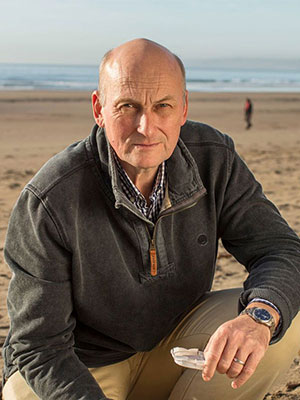
Richard Thompson
Richard Thompson, head of the International Marine Litter Research Unit at the University of Plymouth, is Professor of Marine biology and Associate Dean Research in the Faculty of Science and Engineering at Plymounth University.
He obtained his first degree from the University of Newcastle upon Type in 1992, followed by a PhD from Liverpool University in 1996. Much of his work over the last decade has focused on marine debris.
He was a co-author on the European Union Marine Strategy Framework Directive text on marine litter and has recently prepared reports on this topic for the United Nations Global Environment Facility and United Nations Environment Programme.
He has been a member of numerous international working groups on marine litter including GESAMP, NCEAS, UNEP, UNIRP.
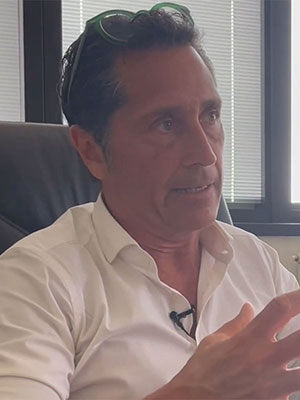
Francesco Regoli
Director of the Department of Life and Environmental Sciences (DiSVA) at Polytechnic University of Marche. Full Professor in Applied Biology, Chair of “Ecotoxicology” and of “Biological and Ecological Risk Assessment”, former Director of the Master Degree Program in “Environmental Risk and Civil Protection” and Editor-in-Chief of Marine Environmental Research. Delegate for Italian Ministry of University and Research MIUR within Horizon Missions sub-group Healthy Oceans. He is an expert on marine pollution from traditional and emerging pollutants including pharmaceuticals and microplastics, impact of harbor and oil & gas exploitation activities, ecological risk assessment. He has been responsible for several projects at international and national level: at this time he is International Coordinator of the projects “Towards a risk-based assessment of microplastic pollution in marine ecosystems, RESPONSE” (2019-22) and “Presence, behavior and risk assessment of pharmaceuticals in marine ecosystems, PHARMASEA” (2020-23) funded within JPI Oceans calls.
He has been responsible for several projects at international and national level. He is author of more than 230 peer-reviewed publications in international journals and book chapters, with an h index= 72, i10-index= 182 with 18308 citations (from Google Scholar); h index= 61, 13237 citations (from Scopus).
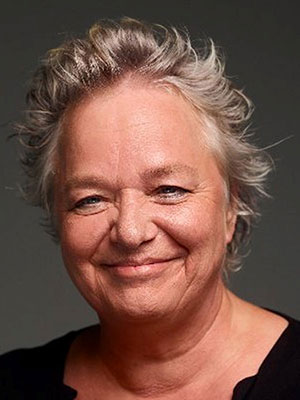
Maria Westerbos
Maria Westerbos is an expert in mass communication, focusing on both traditional and new media. She combines a taste for inspiring social change projects with strategic insight and near flawless intuition covering a wide range of target groups. In 2011 she did set up – grass roots – the Plastic Soup Foundation. With their first campaign, Beat the Microbead, the Foundation established change in the use of micro plastics by international businesses, local and national governments, consumers and NGOs.
She was graduated in social sciences with a minor from the School of Journalism. Started as a science journalist but gradually became involved in the world of television. She worked for more than 25 years (primarily freelance) for broadcasting companies and production companies. Initially as editor/researcher, but then as producer, production coordinator, editor-in-chief, executive producer, business-unit manager, delegated producer and creative producer. In February 2011 she founded the Dutch Plastic Soup Foundation and started creating awareness all over Holland, Europe & the world for this severe environmental problem.
Because of that Maria was ranked in 2021 number 25 in De Dikke Blauwe: a list of the 100 most influentials in ‘The Land of Do Well’. For more info please visit the web site.
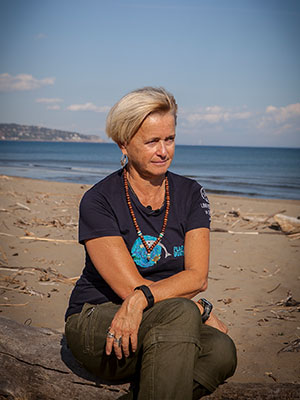
Maria Cristina Fossi
Maria Cristina Fossi is Full Professor of Ecology and Ecotoxicology at the University of Siena (UNISI) and since 2000 is Scientific Director of the Biomarker Laboratory (CIBM). She gave a key contribution to the development of the biomarker approach in terrestrial and marine ecotoxicology. Since 1991 she developed innovative diagnostic tools for ecotoxicological assessment of threatened species (marine mammals, birds, reptiles) bringing to the establishment of methods (non-destructive biomarker approach) currently acknowledged as golden standard at the international level. In 2012 she provided the first evidence worldwide on the effects of microplastics on baleen whales. She is author or co-author of over 800 scientific papers (articles and review articles (289), chapters (28) and books (6), abstracts in national and international conferences (over 380). In the field of marine litter, she has been the scientific coordinator (PI) of the “Plastic Busters”(PB) project elected as Flagship Project of Med-SDSN since 2013. The project, devolved to monitor and mitigate the impact of plastics in the Med, was labelled in 2016 from Union for the Mediterranean and financed in 2018 by Interreg MED EU Programme – Plastic Busters MPAs. PB was elected in 2019 as flagship project for the “BLUEMED Pilot for a Plastic free healthy Mediterranean” from EU. She is the WP3 coordinator of the COMMON, ENI-CBC project. In 2019-21 she has been the PI of the FEAMP Project AdriCleanFish supported by MIPAAF. She is involved in an intense scientific communication and dissemination activity on the topic of the effects of microplastics on biodiversity (including endangered species).
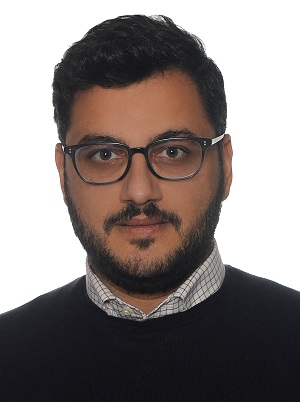
Christos Ioakeimidis
Dr Christos Ioakeimidis is a Marine Scientist with a multidisciplinary scientific background in the fields of Oceanology, Oceanography, Environmental Sciences and Marine Pollution. He holds a Ph.D. on Marine Litter and is an active scientist in the field. He has authored numerous peer-reviewed publications and reports and contributed to drafting the marine litter chapter of the Second UN World Ocean
Assessment. He has participated in international scientific meetings, conferences, and workshops, as well as technical working groups and several research and monitoring cruises in the Eastern Mediterranean Sea. Dr. Ioakeimidis has more than 14 years of working experience in various sectors, including International Organizations (UNEP/MAP), Research/Academia, the public and private sectors. During the period from 2012 to 2016 he was affiliated as a Research Associate to the Institute of Oceanography of the Hellenic Centre for Marine Research (HCMR) in Greece. Since 2016, he has been working for UNEP/Mediterranean Action Plan Barcelona Convention Secretariat, as Project Manager and member of the Project Management Units (PMUs) of EU-funded projects in support of the implementation of the Regional Plan on Marine Litter Management in the Mediterranean as well as the Integrated Monitoring and Assessment Programme for the Mediterranean Sea and Coast (IMAP) devised under the Barcelona Convention. He has also been actively involved in UNEP’s Global Partnership on Marine Litter (GPML), supported the development of the Mediterranean Marine Litter Node, and the G7 portfolio of the UNEP/MAP Secretariat. He has represented UNEP/MAP at various international fora, marine litter expert meetings and working groups. Christos has contributed to collaborations in both the Mediterranean and Black Sea regions and has generated new knowledge in the field of marine litter management.
SPONSORS


